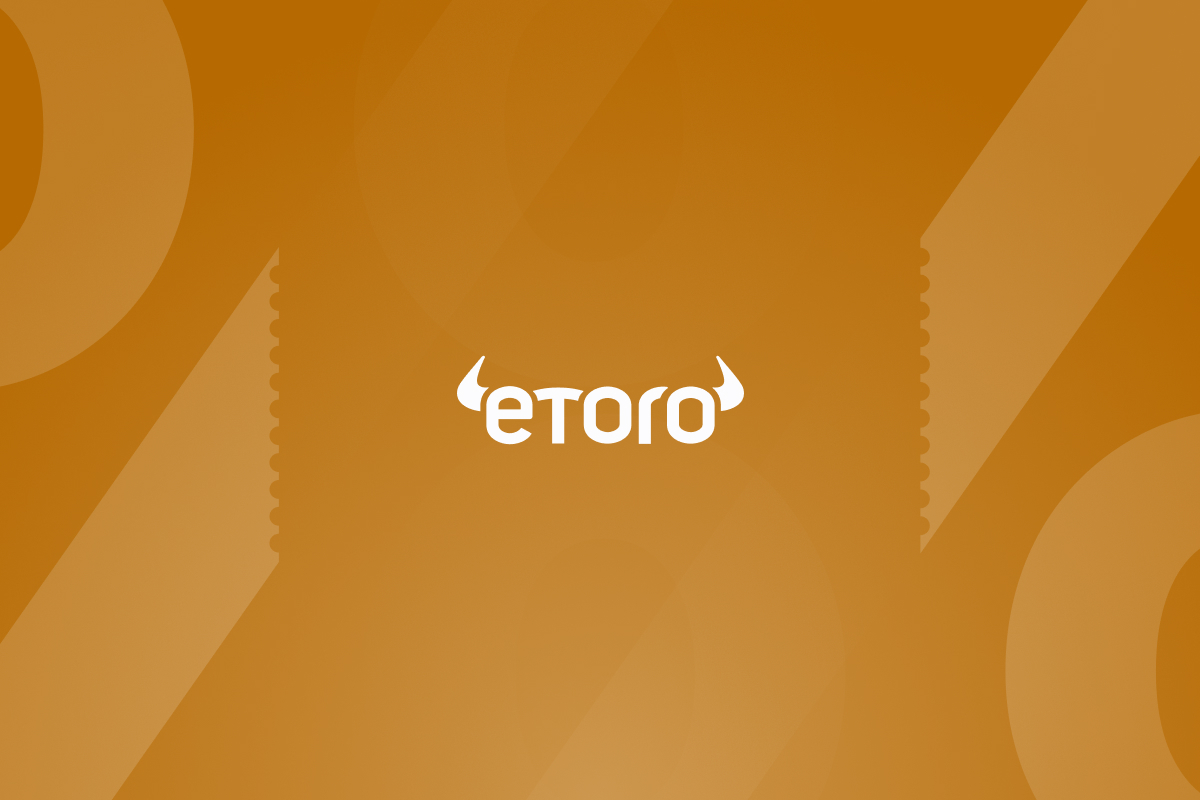Best financial advisors in Dubai & the UAE (and which to avoid)


The financial advisory industry in Dubai and the wider UAE has a mixed reputation - some firms provide solid, regulated advice, but many others are sales-driven and push costly long-term plans.
Exacerbating the issue, strict defamation laws mean you rarely see bad reviews online (even honest criticism can lead to legal trouble). This guide will walk you through how to pick a properly regulated, fee-transparent adviser, the specific red flags to avoid, and some top advisors to consider (as well as popular alternatives like robo-advisors or DIY investing)..
Disclaimer: BrokerMatch is not affiliated with any financial advisor. Please check their credentials, contact the firms and do your own research.
Best financial advisory companies in the UAE (shortlist to research)
Based on online information and expat community feedback, here are several advisory firms in the UAE that are often recommended (do your own due diligence on each):
- Sarwa: The best financial advisory service in the UAE overall. The leading robo-advisor platform in the UAE, which also offers a human-assisted private wealth service. For most users, annual fees range from 0.85% (for small balances) down to 0.5% for larger or premium accounts. Group entities include Sarwa Investment Management Limited (DIFC, DFSA-authorised) and Sarwa Digital Wealth (Capital) Limited (ADGM, FSRA-authorised). New users earn a welcome bonus.
- Vault: Private wealth management company based in the UAE, great if you also value a digital experience. ADGM/FSRA registered, as "Vault Wealth Limited". It caters to high-net-worth clients (typically requires a $100,000 minimum), offering a digital platform alongside human advisory. Vault emphasizes transparency as a core value and reportedly has over $540 million in assets under management.
- St. James’s Place (SJP): A FTSE 100 wealth management firm from the UK, now fully licensed in the DIFC and regulated by the DFSA. SJP is one of the largest wealth managers globally, managing around $190 billion for over 900,000 clients. It is best for UK and Australian expats.
- Atlas Wealth Management: A specialist in Australian expat financial advice and cross-border planning. Atlas is licensed in the DIFC. They focus on helping Australian expatriates navigate the complex tax, superannuation, and pension landscape between Australia and the UAE.
- Wilfred T. Fry (Personal Financial Planning) Ltd “The Fry Group” (DFSA-authorised). They are particularly known for expertise in cross-border tax and estate planning, especially for UK expats.
- GSB Capital (GSB Group): A full-service wealth management and corporate advisory firm headquartered in the DIFC. GSB is regulated by the DFSA in the UAE and also by the UK’s FCA. .
Here’s a quick comparison based on online information:
Financial coaches in the UAE (for DIY investors)
Many UAE residents invest via low-cost ETFs and robo options, sometimes with one-off coaching.
Coaching is education, not regulated advice in the UAE - use it to improve your plan, then implement via a regulated platform.
Here is a reputable financial coach in the UAE:
- Steve Cronin, from DeadSimpleSaving. Offers private coaching and courses for expats.
Coaching helps if you prefer DIY and want accountability without handing over your portfolio.
Choose a regulated firm
If you need a regulated, advice-led firm (complex cases, pensions, cross-border tax), shortlist advisors on the official registers and verify their permissions:
- DIFC (Dubai): DFSA-authorised advisers in the Dubai International Financial Centre (DIFC)
- ADGM (Abu Dhabi): FSRA-authorised firms in Abu Dhabi Global Market (ADGM)
- Onshore UAE: SCA (Securities & Commodities Authority) licensed companies.
💡 Tip: An office address is not the same as a licence. Regulators explicitly warn that being incorporated locally does not mean a firm is authorised to advise. Always check the public registers.
What a “good” financial advisor looks like
A quality UAE adviser should be able to evidence all of the following before you sign anything:
- Regulatory status & permissions (DFSA/FSRA/SCA) + link to their public register entry.
- Exact fees in dirhams or USD (one-off/retainer/AUM). Avoid vague ranges; insist on a fee schedule and disclosure of any third-party commissions.
- No lock-ins or surrender penalties on the advice engagement.
- Product-agnostic portfolios (low-cost, diversified funds/ETFs) rather than high-margin products.
- Written conflicts-of-interest statement and confirmation they won’t receive product commissions.
Historically, many expat "advisers" would work in the UAE only briefly - some felt free to recommend bad products for quick commission and then leave the country, escaping the fallout. Today, however, an increasing number of advisors see the UAE as a long-term career market, which is raising standards.
Stick to firms that have a stable presence and a track record to lose, since they have more incentive to maintain a good name. Some of the platforms mentioned here are even listed on a stock exchange, which is also a positive sign.
Which to avoid
Please be extremely cautious if you see:
- Cold calls or WhatsApp pitches about “tax-free savings” or “exclusive offshore plans.”
- Guaranteed or target returns (e.g., "20% a year") - this is marketing. If it seems too good to be true, it probably is.
- Advisors who receive commissions for recommending financial products. Avoid these at all costs.
- Long-term “savings plans” (15-25 years) or insurance-linked investment wrappers with bonuses, up-front commissions, and heavy surrender fees. These are widely criticised for high costs and lock-ins.
- Structured notes sold as “safe income” or “capital protected” without a clear downside illustration.
The UAE community has, for years, flagged commission-driven sales and sub-par outcomes versus simple, low-cost portfolios.
Not everyone needs an advisor
Titles like “wealth manager” and “financial architect” can sound impressive, but many salespeople are paid by product commissions, which creates conflicts between their incentives and your outcomes. A smaller set of professionals operate on transparent, client-paid fees and put your interests first - that’s what you want to hire when you genuinely need advice.
If your situation is straightforward, a simple, low-cost index fund portfolio can get you most of the way there.
Keep advisers for complex needs (tax, estates, pensions, business exits), and even then, be cautious if your incentives are aligned.
A large, active UAE community (e.g., SimplyFI) advocates DIY index investing with low costs and simple portfolios, reserving advisers for tax/estate complexity.
Their free guide is a solid resource to get started and understand the industry.
DIY & robo options
If you do go DIY (fully or partially), use regulated platforms:
- Interactive Brokers (IBKR) and other UAE-authorised brokers allow you to invest on your own. It’s a steeper learning curve, but in the long run, it pays off.
- Robo-advice: Firms like Sarwa operate under UAE regulatory oversight. It allows you to invest automatically in global, low-cost portfolios. They also offer a Private Wealth Management service for high-net-worth individuals.
Robo-advisor vs Financial Advisor vs DIY + Coaching
Bottom line
In the UAE, regulation and fees are the two levers that separate genuine financial planning from expensive product sales.
The industry’s bad reputation, earned from years of commission-driven mis-selling, means you should approach any advisor with healthy skepticism. But as we’ve outlined, there are good advisors and firms operating here, and the regulatory environment is gradually improving to support investors.
For many investors, a simple ETF portfolio (with or without one-off coaching) is enough; when your situation is complex, use a DFSA/FSRA/SCA-authorised adviser whose incentives are aligned with yours.
Hope this helped, and feel free to reach out to us if you need any help!
Useful tools & resources
- Broker Warning List
- FIRE Calculator
- S&P 500 Calculator
- Compound Interest Calculator
- SimplyFI Getting Started Guide (DIY investing for UAE residents)





